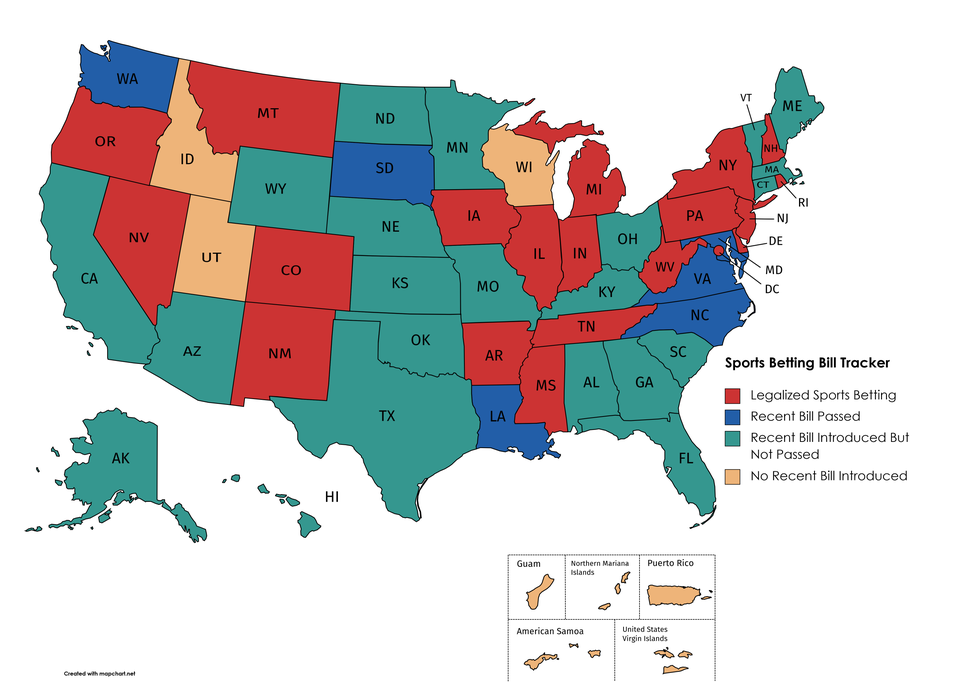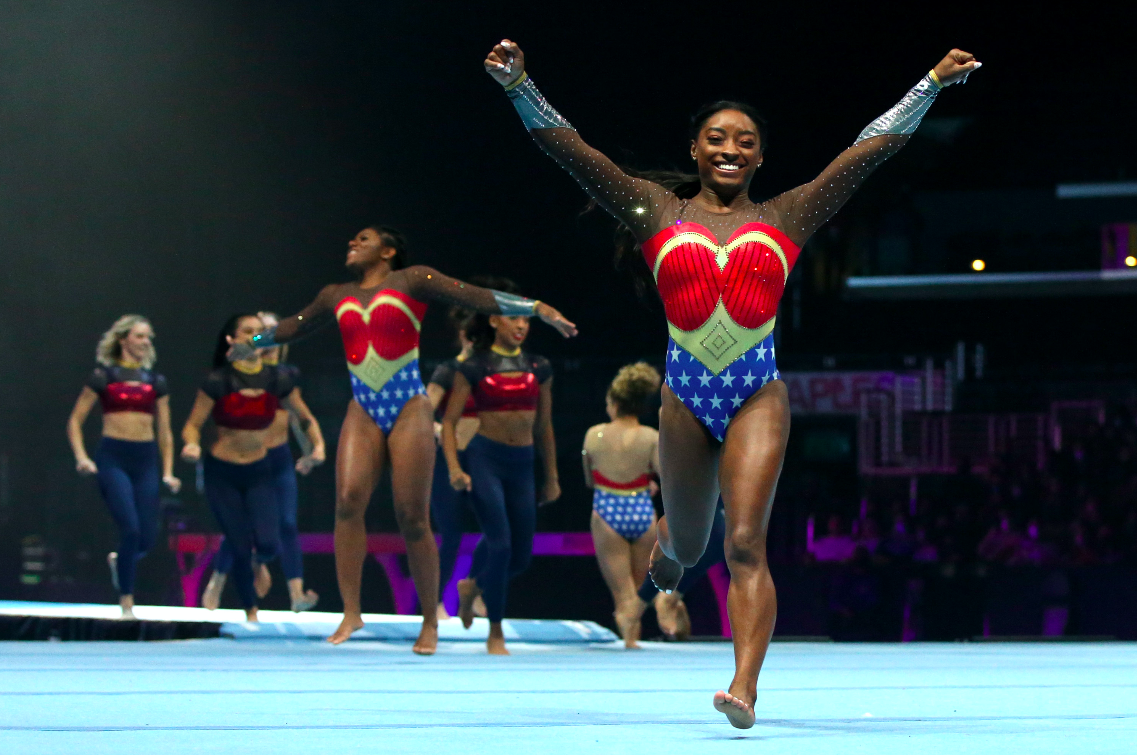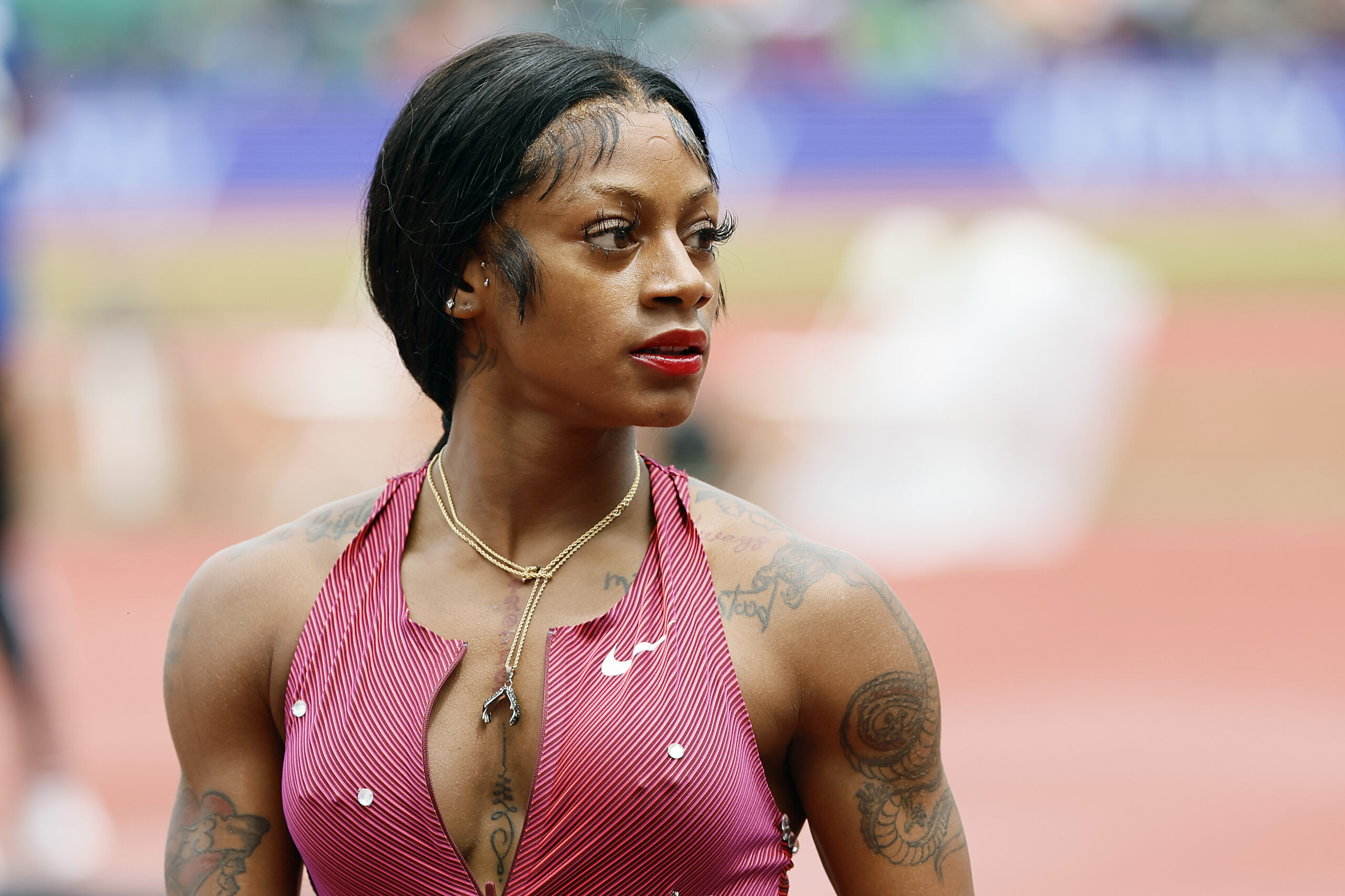Before 2018, what came to mind when you thought about sports betting?
A dark hazy room smelling of cigars and musk cologne. Stacks of cash were placed on a table while bettors gazed hopelessly at the TV screen while their nerves fluttered?
Basically, any sports betting scene on HBO’s legendary show The Sopranos?
Unfortunately, that was the traditional view of sports betting. Since it became legal in the United States in 2018, it’s much more fan friendly and involves apps, websites, and booths at sporting events.
The betting culture does not have that same look or feel anymore. This in return, could be great news for women’s sports and could translate into increased interest and revenue for the women’s sports landscape.
The inevitable gold medal success of the Team USA women in these Tokyo Olympics, combined with a new sports betting landscape designed to encourage fans to bet on sports — all sports– implies that betting on women’s pro sports, which is something that was taboo before, will also become more common.
That could lead to increased revenue for all of the major women’s leagues.
Back in May 2021 Sports betting firm PointsBet agreed to a partnership with the Women’s National Basketball Association. It’s the first deal with a women’s sports league for the company. The deal gives WNBA consumers a new way to watch games infused with PointsBet betting odds.
The licensing agreement allows PointsBet to use WNBA team logos and players’ images across its platforms to grow its brand awareness. The company wants to position itself for sports betting among women’s sports consumers, and the WNBA says viewership is up.
PointsBet believes in the growth potential in betting activity around women’s sports. It measures the success of the 2021 women’s college basketball tournament as proof women’s sports can lure bettors. In April, ESPN said the title game between Arizona and Stanford averaged roughly 4 million viewers and peaked at 5.9 million. The network said it was the most-watched women’s contest since 2014.
States such as New York allow you to place bets from the comfort of your home through betting sites such as FanDuel, PointsBet, and Bet MGM. Or Arizona, where the PGA Tour announced in April that it plans to open a sportsbook at TPC Scottsdale, and where construction has already started on a FanDuel retail sportsbook inside Phoenix Suns Arena.
Legality is helping sports betting become intertwined with sports entertainment culture in a way that is not looked upon as seedy or borderline illegal. Fans who turn on sporting events are likely – more than ever now – to hear discussions about point spreads, the over/under and fantasy sports.

Women make up 40% of all athletes but only 4% of sports media coverage, according to a UNESCO survey.
The additional access to betting could lead to more interest, but the lack of coverage of women’s sports may delay their potential growth in the market.
But the U.S., like other countries, is still in the process of returning to normal after COVID-19, so predictions can change.
In addition, WNBA, Women’s Tennis, etc. should experience another healthy viewership increase once the NBA Finals are complete. As more states implement legal sports betting, it remains intriguing how this new dynamic impacts women’s sports for years to come.


